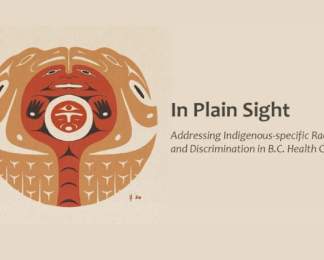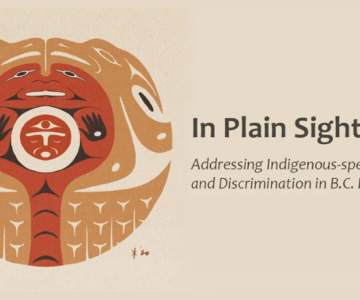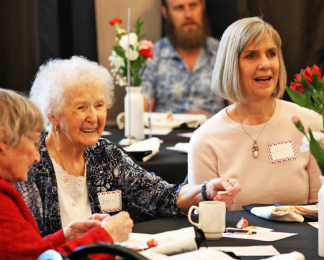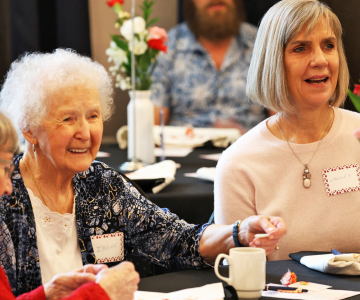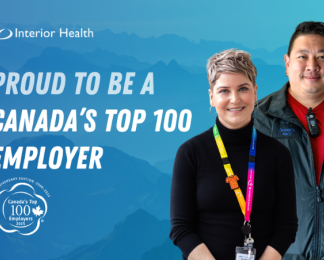Stigma. It’s a word used to describe shame and fear of judgment.
It’s also the No. 1 barrier people with substance use disorders cite for not seeking help. And if you thought health-care providers are somehow immune and don’t carry prejudices, you would be wrong.
Like most health-care workers, RN Shari Smith* has dedicated her life to caring for people. Having spent years in critical care, she has seen the results of teen drinking, drug use and overdose. But she never thought it would happen to her family.
“I was so convinced in my mind that it could never be me,” the IH nurse says.
Her son had never had an easy time. He was dogged by health issues, struggled in school, and was labeled a “trouble-maker” from an early age. Still, he was an active kid who loved sports and had many friends.
“Then he had a car accident, and slowly drifted into drug use. Then he drifted in and out of the house. Then he was in and out of jail,” Shari says.
Finally, one warm summer evening after 10 months of abstaining from drugs, he overdosed while his family slept, thinking he was safe because he was with them at home.
“He’d been doing so well. I guess he wanted to celebrate and just do a bit. But it was a lethal dose of fentanyl.”
After the loss of her son, it took Shari a while to get back to work. She was acutely aware of the attitudes of those working at her side and words that stung like salt in a wound.
“We see overdoses every day, and you hear all kinds of comments. We had a young kid that had overdosed and the woman beside me was saying ‘what a waste of money – their parents should be given the bill because it’s their screw-up.’ Those comments are everywhere. Even from the nicest people. It’s so removed from them, they have no concept that it could happen to them too.”
When choosing to put a stop to stigma, words count. To learn more about using respectful language visit Toward the Heart.
*Names changed to protect privacy.
STAY CONNECTED

Top


